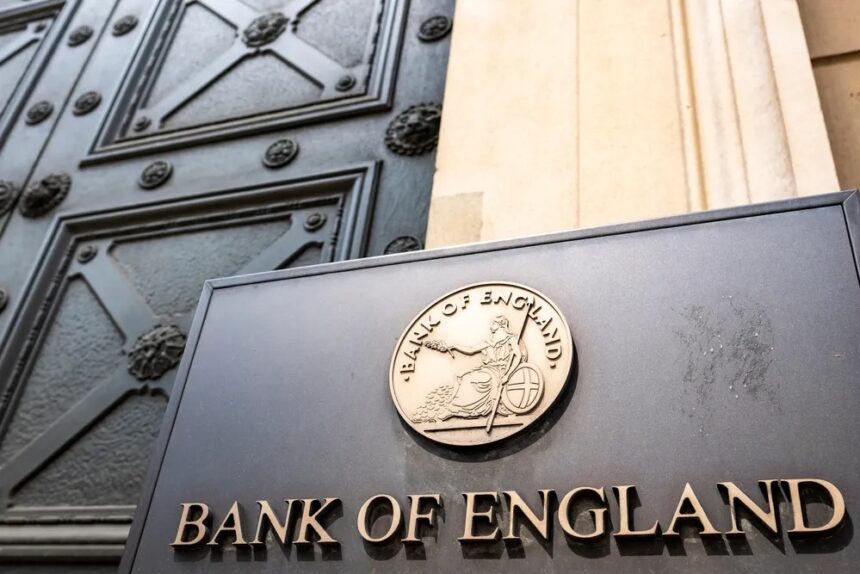Bank of England Stablecoin Exemptions for Businesses
Background on Bank of England Stablecoin Exemptions
The Bank of England is planning to implement exemptions to its proposed stablecoin holding limits for certain businesses, according to a report from Bloomberg cited by CoinDesk. Stablecoins are digital assets pegged to traditional financial instruments such as fiat currencies. These exemptions are expected to apply to firms, such as major crypto exchanges, that require large balances of stablecoins to support their operations.
This development is part of the United Kingdom central bank’s broader stablecoin regulatory framework. Last month, the Bank of England suggested imposing caps of 10,000 to 20,000 pounds (approximately $13,400 to $26,800) for individual stablecoin holders and 10 million pounds (about $13.4 million) for businesses.
Details of the Proposed Exemptions
According to sources referenced by CoinDesk, the Bank of England intends to grant waivers from these limits for firms with operational needs to maintain significant stablecoin reserves. The waivers will reportedly permit such firms to continue essential business activities without being restricted by the proposed holding caps. Additionally, the central bank will allow firms to use stablecoins for settlement transactions within its Digital Securities Sandbox, a newly established environment designed to promote innovation in financial technology.
The Bank of England stablecoin exemptions come amid widespread industry criticism regarding the feasibility of the initially proposed caps. Critics within the digital asset sector argued that strict holding restrictions would limit practical usage and hinder business functions.
Market Reaction and Policy Context
The Bank of England’s evolving stance reflects ongoing debate about how best to supervise stablecoins without impeding innovation. BoE Governor Andrew Bailey had previously voiced concerns about the potential risks stablecoins could pose to financial stability. In July, Bailey cautioned global investment banks about pursuing their own stablecoin projects, emphasizing regulatory caution.
Interest in stablecoins has surged among institutional investors and traditional finance participants over the past year, accompanied by new regulatory regimes in regions such as the U.S. and Hong Kong. Some observers viewed the Bank of England’s initially strict approach as potentially isolating the U.K. from global financial trends.
What’s Next for the Bank of England’s Stablecoin Policy
The Bank of England has not yet responded publicly to reports of the planned exemptions or to media requests for comment. Further clarification of the exemption process and eligibility criteria is expected as the regulatory framework advances. The move indicates a willingness by the U.K. central bank to balance systemic stability with the operational needs of digital asset markets.
For more news on cryptocurrencies and digital assets, visit the Vizi.com Cryptocurrency section.

















